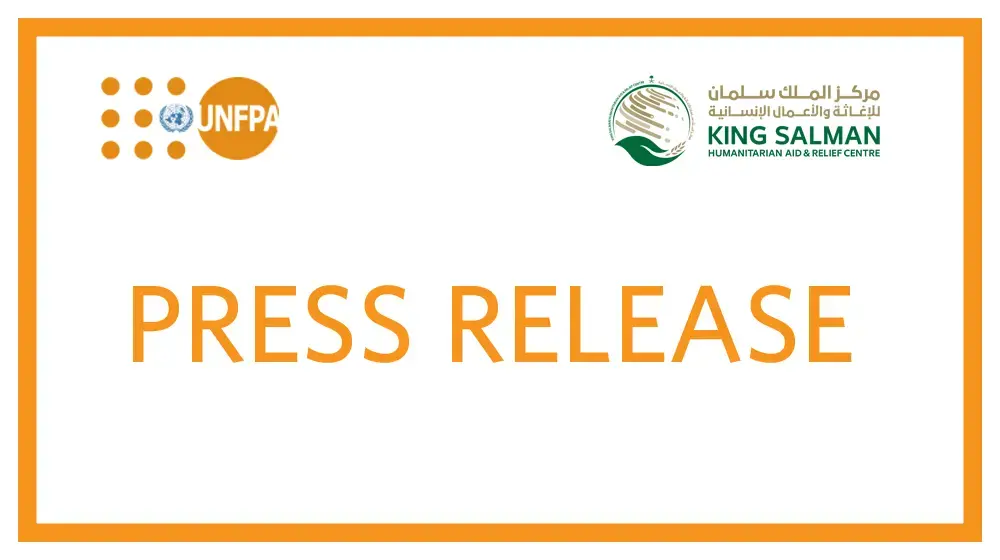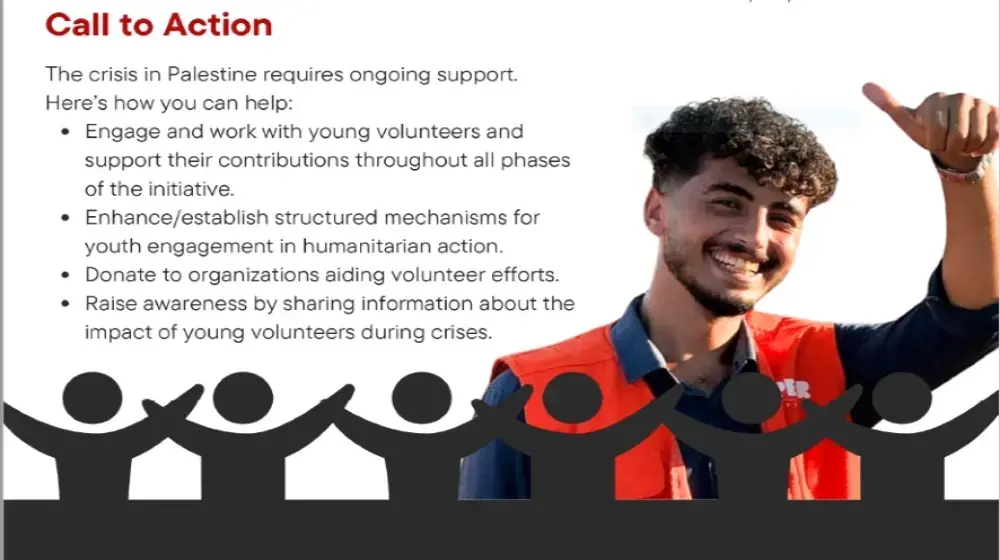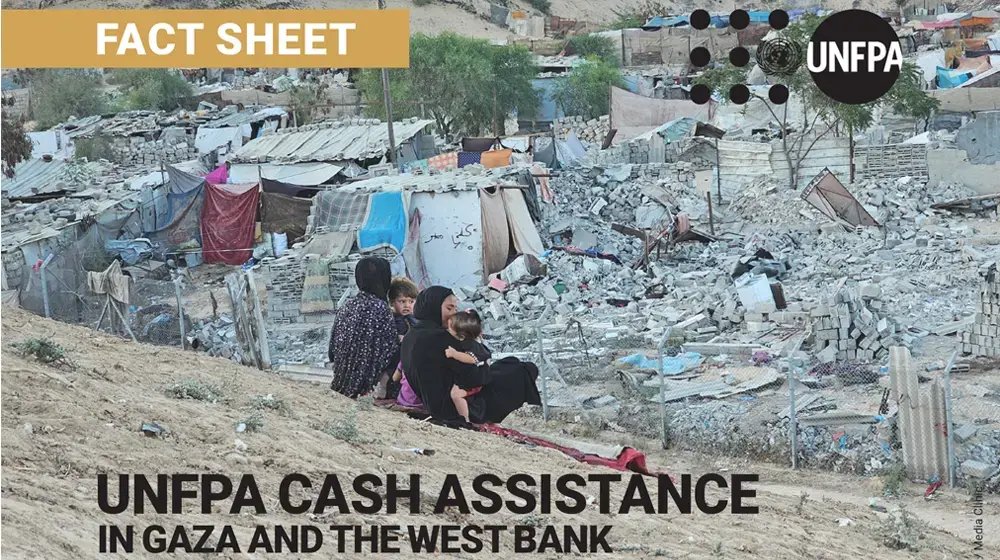Gaza Strip: the land of manmade misery that kills hope for life
By Luay Shabaneh, The Regional Director for Arab States in UNFPA, the UN agency for sexual and reproductive health.
On my last visit to Palestine, I had a deep sense of sadness and sorrow over the state of affairs there, but the situation on the ground in the Gaza Strip remains unimaginably tragic. The restrictions imposed on people's movement and their ability to obtain the most basic human needs in terms of health, food, education and travel are intolerable. It is time to take real steps to turn things around there. It is time for this tragedy to end.
In Gaza Strip, UNFPA staff members spoke with a young girl, Roaa, shortly after the latest ceasefire agreement was in place. She introduced herself not as thirteen, but as “four wars old”.
One of my UNFPA colleagues told us: “I was given only 5 minutes to evacuate my house. I couldn't comprehend what could be done, it is only five minutes to safe my disabled mother, to ensure the survival of the family, and to save our belongings and memories before they are all smashed by the shelling.
On the ground, working with the women in the communities we serve, we hear, repeatedly: “Nowhere is safe in Gaza. Nowhere is safe. Something has to change”.
The recent military escalation in May, which left 242 people dead and nearly 2000 injured. More than 16,600 people saw their homes damaged.
This escalation is only the most recent of a long series of devastating events that leave the people of Gaza feeling hope is slipping away. Today, Gazans face a veritable mental health crisis.
Even before the war, in 2012 the UN issued a report predicting that unless action was taken to improve access to basic services in the territory, the Gaza Strip would become “unlivable by 2020”.That year came and went, with unprecedented challenges. In addition, the restrictions on movement is adding to the more insult to the injury of thousands of Gazans in need for medical treatment outside the besieged strip. More than a quarter of cancer patient referral applications in 2021 were delayed according to WHO.
The COVID pandemic has not spared Gaza, and the socio-economic impact of lockdowns and economic hardship has been distressing.
Destruction happens quickly, in seconds. The reconstruction, not only of buildings and physical infrastructure, but also of people’s lives and their recovery from trauma, is painstakingly slow. People in the Gaza Strip speak of their loss of hope, their fear that their children will experience war after war and a life of trauma, with no normal future in sight.
As is often the case, women and girls pay a heavy price for the dire situation in the Gaza Strip. The stresses and tensions of the occupation, coupled with financial hardship, frequent electricity cuts, loss of economic opportunities and COVID-related lockdowns already made many women and girls extremely vulnerable. At the beginning of the COVID-lockdown, the main hotline for women and girls facing violence experienced more calls in a week than they normally would in three months. Since then the situation has only deteriorated.
Over the next three months, around 16,500 women will give birth in the Gaza Strip. With a health system under profound pressure for many years, ensuring essential health services are available to ensure safe birth is a priority for the United Nations Population Fund (UNFPA). We are working to ensure that hospitals and clinics are equipped to deal with these life-saving interventions.
We are deeply concerned that vulnerable women and girls in need of protection have access to competent and compassionate care: health services, counselling, legal advice and more. We are providing support to these service providers – including by providing them with psychosocial support so that they themselves can help others – and are scaling up cash and voucher assistance to vulnerable women to alleviate some of the financial pressures on their households, which make a bad situation worse.
However, what of the trauma experienced by pregnant mothers who had to flee their homes in the middle of the night under heavy bombardment?
What of the women who urgently need breast cancer treatment, but cannot acquire the necessary permits to exit Gaza?
What of the women who face ever increasing domestic abuse, exacerbated by stress and tension and financial hardship?
Humanitarian aid alone cannot change the equation. For that, bigger changes must occur. The blockade of Gaza must end.
Yet, as we in UNFPA see daily through our programs with young people, the energy, the initiative, the entrepreneurship and the skillsets needed for a better tomorrow. This is a competent and proactive young population. They have the solutions. They just need a chance – to breathe, to feel safe, to build their small business, and to feel assured that their investment would not be in vain when the next round of missiles strike.
Indeed, something has to change. The international community has an obligation to ensure that people in the Gaza Strip have the basic conditions for a life with dignity and enjoy their rights simply like other people elsewhere. We believe that a human rights approach, and recognizing the inalienable rights of every person, is the beginning of the solution. We work hard to ensure women and girls enjoy the right of choice regarding their bodily autonomy.





